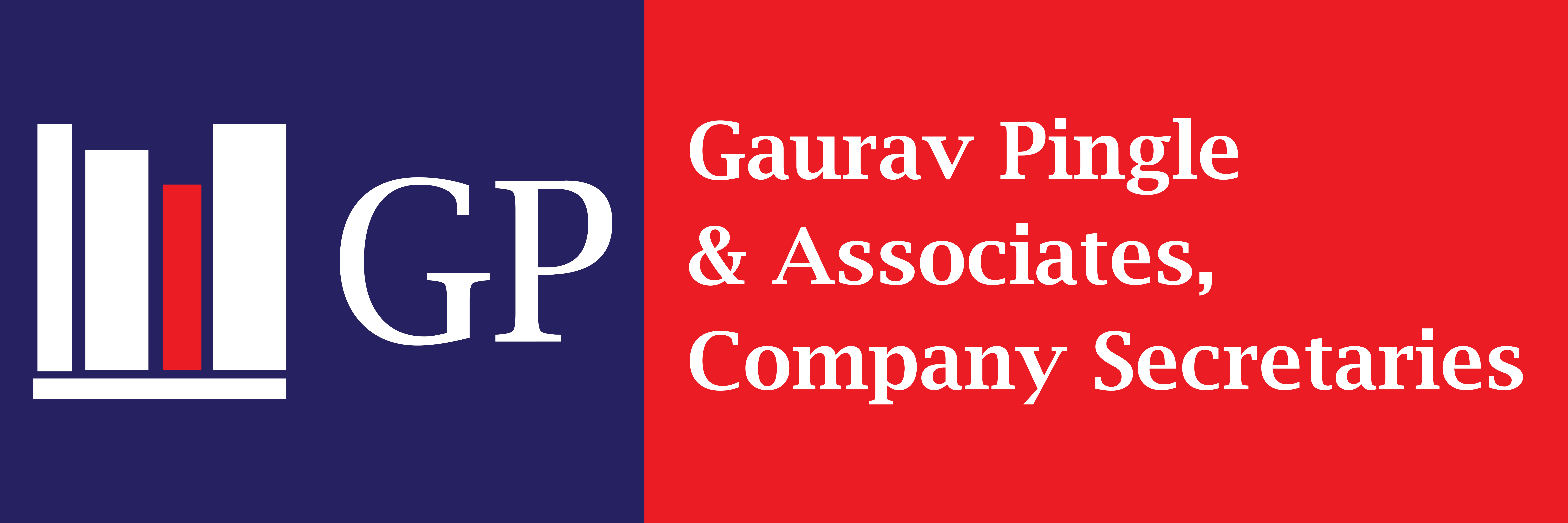The provisions relating to compulsory demat of securities for not Small Companies was introduced by the Notification issued by the Ministry of Corporate Affairs on October 23, 2023. By the said Notification, private companies which are not Small Companies as on March 31, 2023 were required to issue the securities only in dematerialised form and facilitate dematerialisation of all its securities.
The facilitation of dematerialisation of all its securities requires company to make necessary application to a Depository and shall secure International Security Identification Number (‘ISIN’) for each type of security. The company shall inform all its existing security holders about such facility.
In relation the compulsory demat of securities, there is an interesting question – whether the said provisions are applicable to:
- Private company which a subsidiary company of public company
- Private company which a wholly-owned subsidiary (WOS) of public company
Applicability of the provisions and definition of ‘Small Company’ with exceptions:
Under the Indian Company Law, a small company means a private company whose paid-up capital and turnover does not exceed Rs. 4 crores and Rs. 40 crores, respectively. As per law, following companies are not ‘Small Company’, therefore compulsory demat is applicable from the date of issue of issue of notification:
- Holding company
- Subsidiary company
- Company registered under section 8 of the Companies Act
- Company or body corporate governed by any special Act
A holding company (as private company) can have a subsidiary company which is either a private company or a public company. In any case, this will not affect the status of such holding company. The provisions of compulsory demat will apply.
If a private company is a subsidiary company of another private company, the provisions of compulsory demat will apply to both the companies (holding – subsidiary relationship).
The question arises when a private company is a subsidiary company of a public company. For the subsidiary company – Whether the provisions of compulsory demat are applicable under Rule 9A of Companies (Prospectus and Allotment of Securities) Rules, 2014 or Rule 9B of Companies (Prospectus and Allotment of Securities) Rules, 2014?
Rule 9A is applicable to public companies, with an exception to Nidhi company, Govt. company and wholly-owned subsidiary company (i.e. a public company)
Rule 9B is applicable to Private Companies which are not small companies. Only exception is Govt. company.
Status of a Private Company subsidiary of a Public Company:
The Company Law defines a ‘private company’ as a company which by its Articles of Association: (i) Restricts the right to transfer its shares, (ii) Limits the number of its members to 200, (iii) Prohibits any invitation to the public to subscribe for any securities of the company. Therefore, the articles of association of every private company shall mandatorily have this clause.
The Company Law defines a ‘public company’ as a company which is not a private company.
With respect to the status of a private company which is a subsidiary of a public company, the law provides that – “Provided that a company which is a subsidiary of a company, not being a private company, shall be deemed to be public company for the purposes of this Act even where such subsidiary company continues to be a private company in its articles”. Therefore, such private company shall continue to be a private company in its articles of association, as mentioned above, however, such private company shall be deemed to be a public company for the purposes of the Companies Act. That means such private company shall comply with all the provisions as applicable to public company and at the same time if there are any exemptions or exceptions available to the public company, then the same can be availed by such private company.
Applicability of demat provisions to Private Company subsidiary of a Public Company:
If a private company is a subsidiary of a public company, then the provisions of Rule 9A will be applicable, as such company is deemed to be a public company.
However, if a private company is a wholly-owned subsidiary company of a public company, then neither the provisions of Rule 9A nor Rule 9B will apply to such private company. Rule 9B will not apply as the said provisions are applicable to only private companies, whereas the WOS is public company for the purposes of the Companies. Rule 9A will not apply as the said rule does not apply to WOS companies and ‘Private Company’ which is WOS of Public company may take the exemption under Rule 9A.
However, a private company which is WOS of another private company does not have any exemptions and both companies have to comply with compulsory demat of securities.
